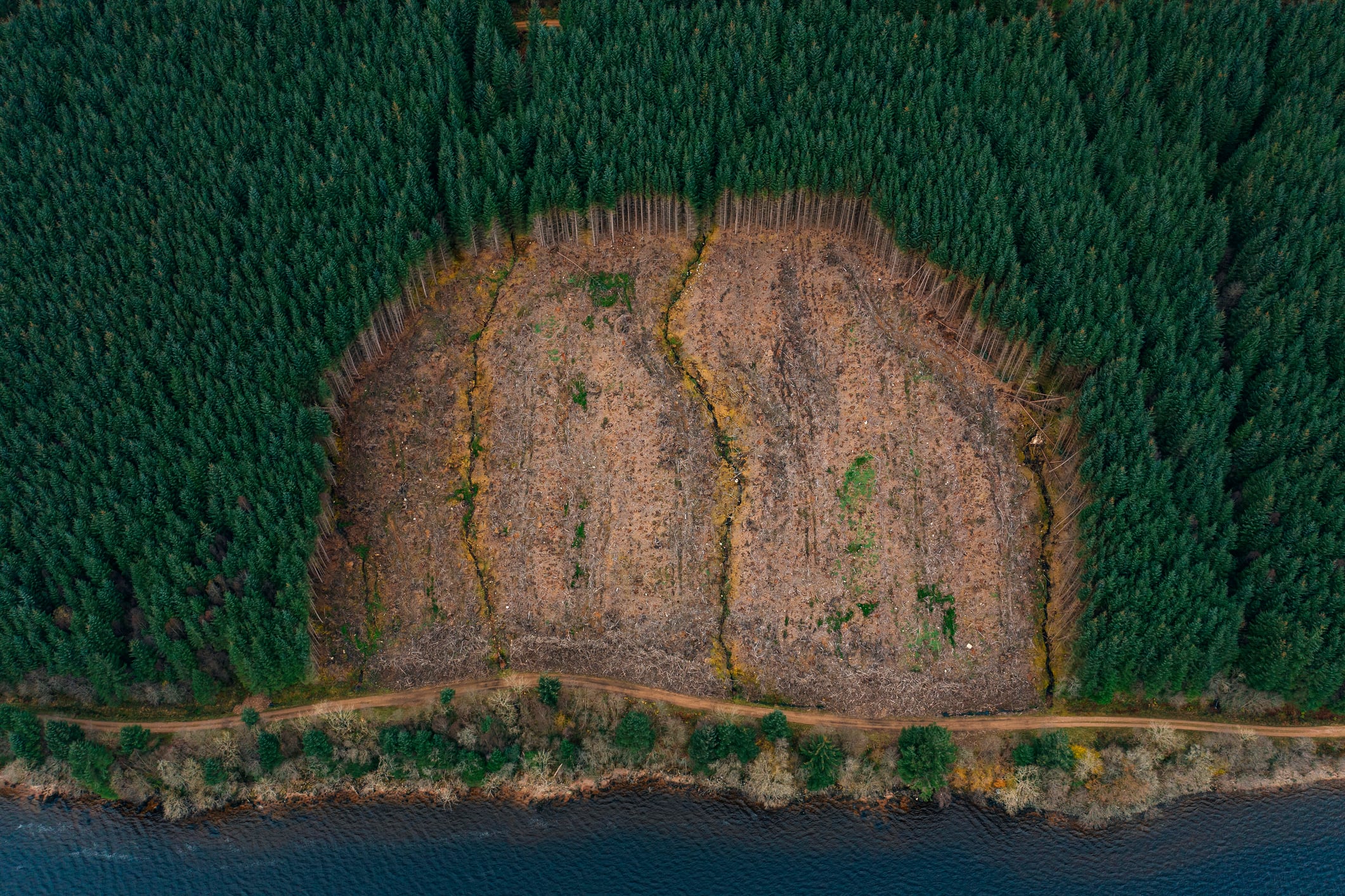AdAstra Sustainability aims to provide high-fidelity data solutions specifically targeting the environmental impacts of agricultural supply chains, such as land conversion, deforestation, and carbon accounting, with an emphasis on traceability and supporting stakeholders in sustainable agriculture.
The web platform, called Orbae, is designed to reveal the impacts of land use change for all crops globally and uses publicly available science in the aim of enabling more targeted interventions to end deforestation.
It is now used by six of the world’s largest food companies, including Louis Dreyfus Company, ofi (Olam Food Ingredients), and Mars.
To make it immediately actionable, Orbae methodology aligns with international standards (Greenhouse gas Protocol and SBTi FLAG guidance), so companies can use it for carbon accounting, climate and deforestation-free strategies, or compliance.
“We opened Orbae’s platform and data because we believe that access to reliable data is the fastest way to facilitate targeted, collective action”, CEO and co-founder, Xavier Bengoa, told AgTechNavigator. “This was a bold decision, but it’s our contribution to help stop deforestation linked to agricultural expansion.”
Today, over 75% of deforestation is driven by agriculture, and land conversion accounts for an estimated 11% of GHG emissions globally, he added.
“We’re making Orbae open so that companies can clearly see where land conversion is happening in their supply chains,” Bengoa added.
“From there, we can put our efforts toward doing something about it. Orbae gives all stakeholders a common language for talking about these impacts so that the conversation can finally move on from what the problem is to how to fix it.”
11 commodities in over 30 countries
Orbae provides open data on 11 major agricultural commodities — including palm, soy, sugarcane and corn — spread across more than 30 countries.
The method, called a jurisdictional direct land use change approach, reflects the reality of agriculture on the ground, AdAstra claims, and can be aggregated to any area of interest so that it matches the known level of traceability.
In particular, it says, complex supply chains and a lack of reliable traceability data have hindered landscape-level interventions where diverse users can collaborate on coordinated action, with typical land conversion data used for carbon accounting rely on coarse statistical assessments that allocate a percentage of land conversion to each commodity assumed to be produced in that area.
The start-up therefore hopes the open-data technology will help corporations, NGOs, researchers and governments alike navigate the complexity of agricultural supply chains through collaboration.
AdAstra’s technology is used by major agrifood companies and is accessible to corporations, NGOs, researchers, and governments working to address deforestation and land use change in supply chains in more than 30 countries worldwide including deforestation hotspots like Brazil, Argentina, Paraguay and Indonesia.
Creating ‘meaningful’ action on climate and nature
The platform is also supported by leading organizations such as climate consultancy South Pole, the Global Feed LCA Institute, Proforest (which supports the responsible production and sourcing of agricultural and forest commodities), supply chain mapper Trase, and Embrapa — the Brazilian Agricultural Research Corporation.
“We recognize the value of accessible, high-quality insights on land conversion that can lead to meaningful action on climate and nature,” says Christopher Schwarz, associate director South Pole. ”That’s why we welcome Orbae’s open-data approach — it’s a step forward in empowering businesses in the agriculture sector to design robust carbon accounting strategies that ultimately drive emission reductions.”
.



